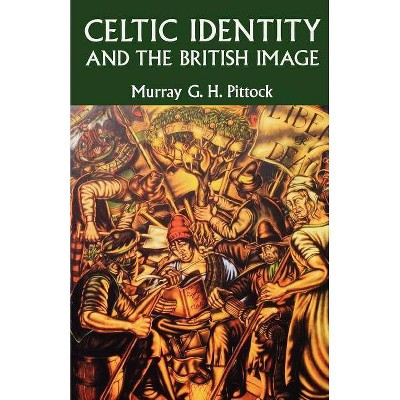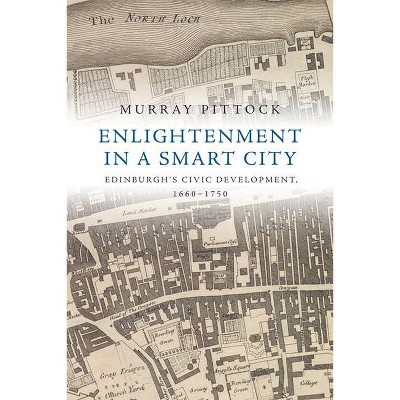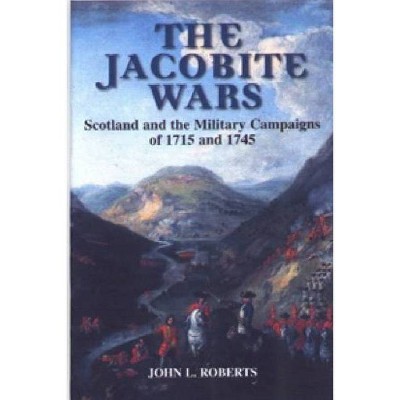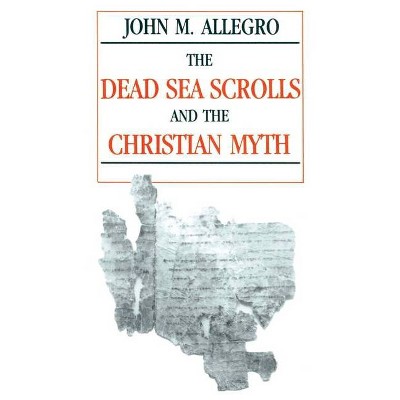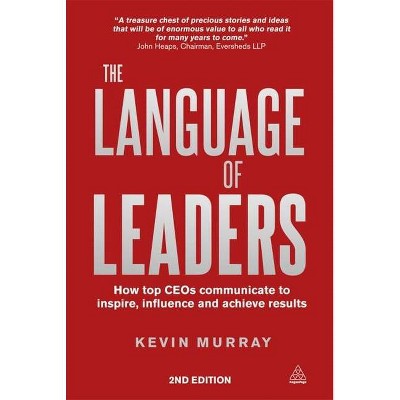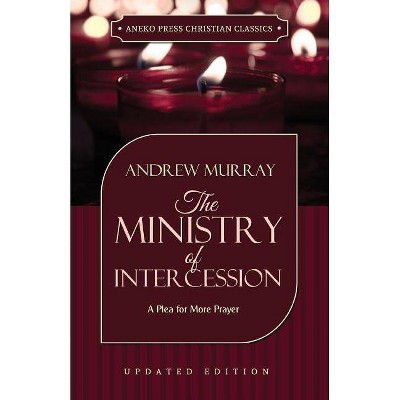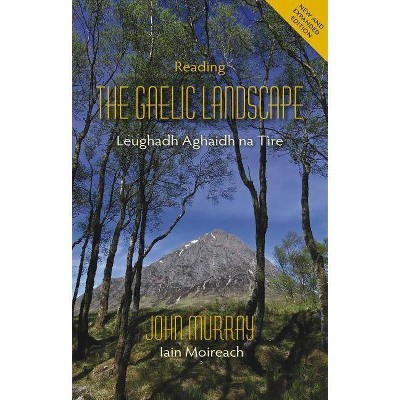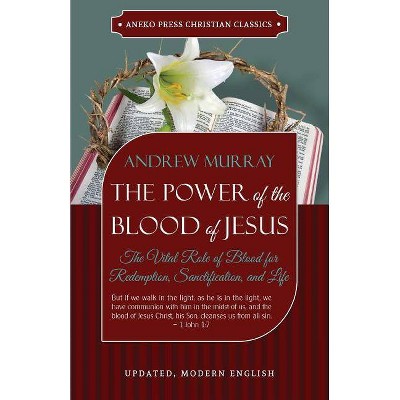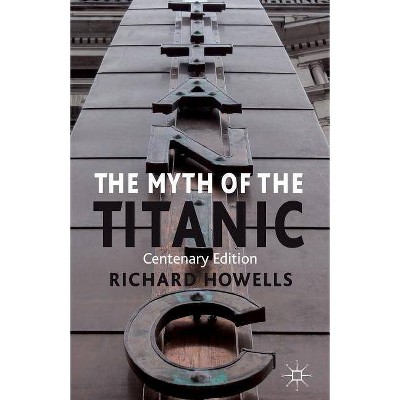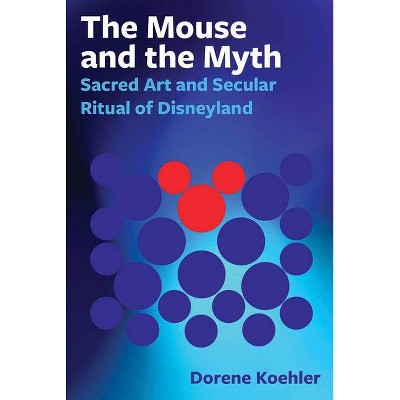The Myth of the Jacobite Clans - 2nd Edition by Murray Pittock (Paperback)
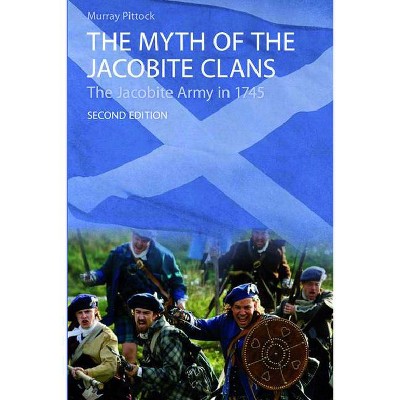
Similar Products
Products of same category from the store
AllProduct info
<p/><br></br><p><b> About the Book </b></p></br></br>The second edition of this revolutionary book argues that British history has long sought to caricature Jacobitism rather than to understand it, and that the Jacobite Risings drew on extensive Lowland support and had a national quality within Scotland.<p/><br></br><p><b> Book Synopsis </b></p></br></br>The Myth of the Jacobite Clans was first published in 1995: a revolutionary book, it argued that British history had long sought to caricature Jacobitism rather than to understand it, and that the Jacobite Risings drew on extensive Lowland support and had a national quality within Scotland. The Times Higher Education Supplement hailed its author's 'formidable talents' and the book and its ideas fuelled discussions in The Economist and Scotland on Sunday, on Radio Scotland and elsewhere. The argument of the book has been widely accepted, although it is still ignored by media and heritage representations which seek to depoliticise the Rising of 1745.Now entirely rewritten with extensive new primary research, this new expanded second edition addresses the questions of the first in more detail, examining the systematic misrepresentation of Jacobitism, the impressive size of the Jacobite armies, their training and organization and the Jacobite goal of dissolving the Union, and bringing to life the ordinary Scots who formed the core of Jacobite support in the ill-fated Rising of 1745. Now, more than ever, The Myth of the Jacobite Clans sounds the call for an end to the dismissive sneers and pointless romanticisation which have dogged the history of the subject in Scotland for 200 years.<p/><br></br><p><b> From the Back Cover </b></p></br></br><i>The Myth of the Jacobite Clans was first published in 1995: a revolutionary book, it argued that British history had long sought to caricature Jacobitism rather than to understand it, and that the Jacobite Risings drew on extensive Lowland support and had a national quality within Scotland. The <i>Times Higher Education Supplement hailed its author's 'formidable talents' and the book and its ideas fuelled discussions in <i>The Economist and <i>Scotland on Sunday, on <i>Radio Scotland and elsewhere. The argument of the book has been widely accepted, although it is still ignored by media and heritage representations which seek to depoliticise the Rising of 1745. Now entirely rewritten with extensive new primary research, this new expanded second edition addresses the questions of the first in more detail, examining the systematic misrepresentation of Jacobitism, the impressive size of the Jacobite armies, their training and organization and the Jacobite goal of dissolving the Union, and bringing to life the ordinary Scots who formed the core of Jacobite support in the ill-fated Rising of 1745. Now, more than ever, <i>The Myth of the Jacobite Clans sounds the call for an end to the dismissive sneers and pointless romanticisation which have dogged the history of the subject in Scotland for 200 years.<p/><br></br><p><b> Review Quotes </b></p></br></br><br>A fine study which challenges commonly accepted views of the Jacobite clans and the part they played in British history... the narrative is cool, level-headed yet incisive and his arguments are put forward with ample evidence and force.--R. Macdonald "Amazon"<br><br>Praise for the first edition: A stimulating read. A fresh mind coming on to the battleground of Jacobite historiography is to be welcomed.-- "Books in Scotland"<br><br>Praise for the first edition: Formidable talents... The doyen of the present crop of Jacobite historians.-- "Times Higher Education"<br><br>'The publication of a new edition of Murray Pittock's <i>Myth of the Jacobite Clans</i> is important for historians and those interested in modern Scotland alike. Pittock's sound scholarship demonstrates the extent to which Scots supported the 1745 rising, and its purpose in terms of dissolving the Union. This book offers a point of departure for a reconceptualisation of Scottish history.'--Jeremy Black, Professor of History, University of Exeter<br><br>This is a stimulating update to a provocative and challenging contribution to Jacobitism and Scottish identity.--Allan Macinnes, Professor of Early Modern History, University of Strathclyde<br><p/><br></br><p><b> About the Author </b></p></br></br><p>Murray Pittock is Bradley Professor at the University of Glasgow, Pro Vice-Principal and Honorary Scottish History Adviser to the National Trust for Scotland. He is a Fellow of the Royal Society of Edinburgh, the Royal Historical Society and the English Association and a prize lecturer of both the RSE and the British Academy.He has held senior appointments at the universities of Strathclyde, Edinburgh and Manchester, and visiting appointments in history and literature globally at universities including Yale, Trinity College, Dublin, New York University and Charles University, Prague. Recent publications include The Scots Musical Museum (2 vols, 2018); Culloden (2016) and Material Culture and Sedition (2013). His current projects include The Collected Works of Allan Ramsay (funded by the AHRC, 2018-23), The Scottish Heritage Partnership (on VR and Immersive design and procurement, funded by EPSRC-AHRC) and Robert Burns and the Scottish Economy (funded by Scottish Government).<p>
Price History
Price Archive shows prices from various stores, lets you see history and find the cheapest. There is no actual sale on the website. For all support, inquiry and suggestion messages communication@pricearchive.us
